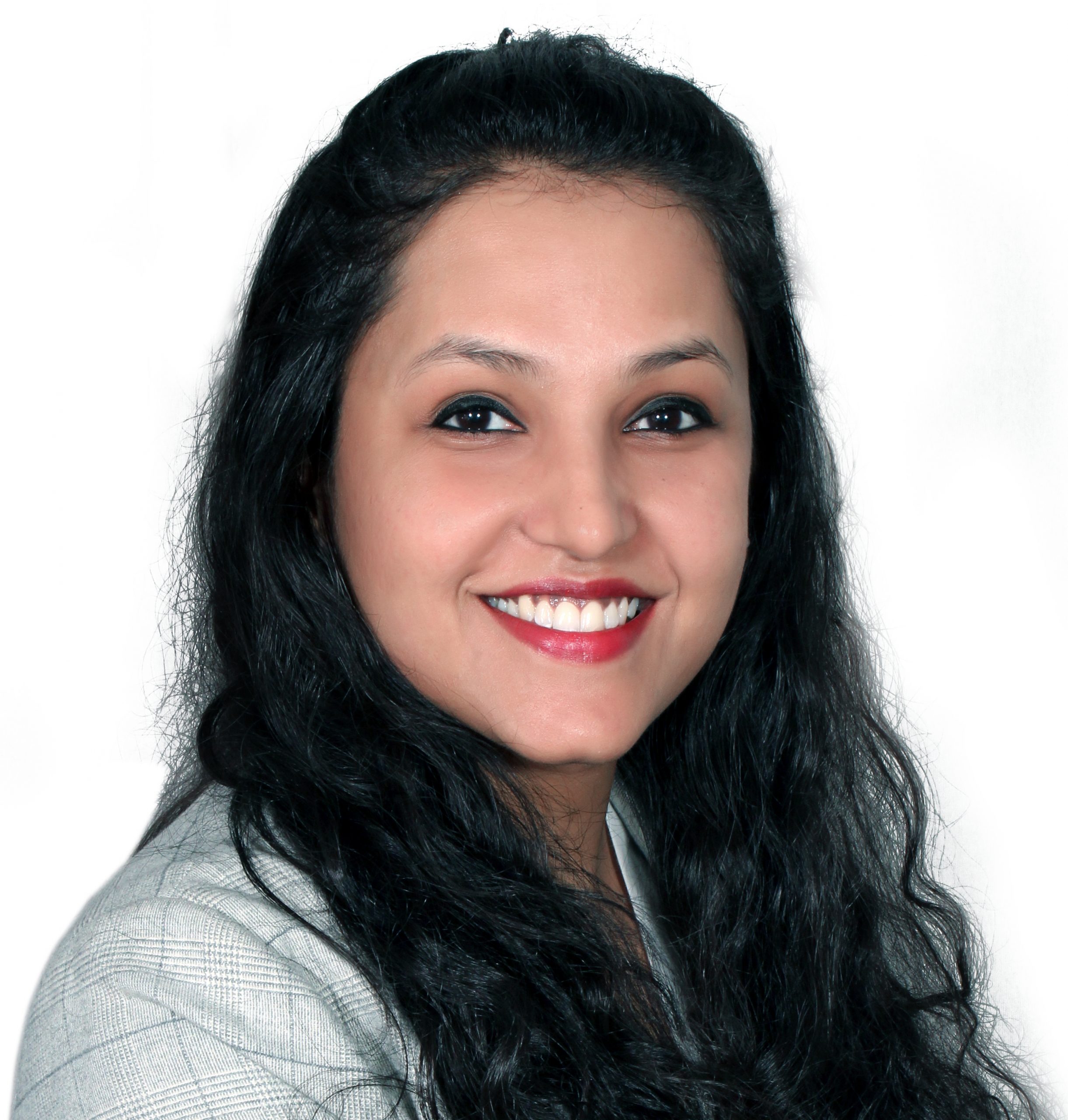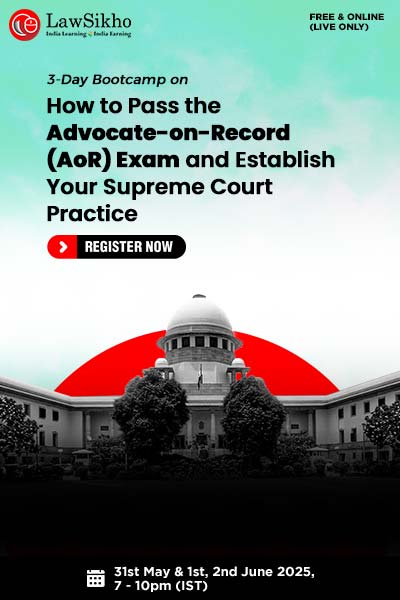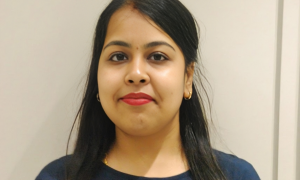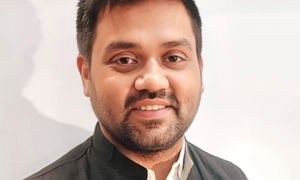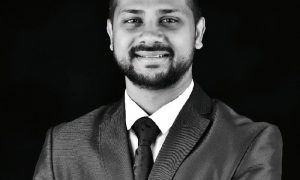This interview has been published by Anshi Mudgal and The SuperLawyer Team
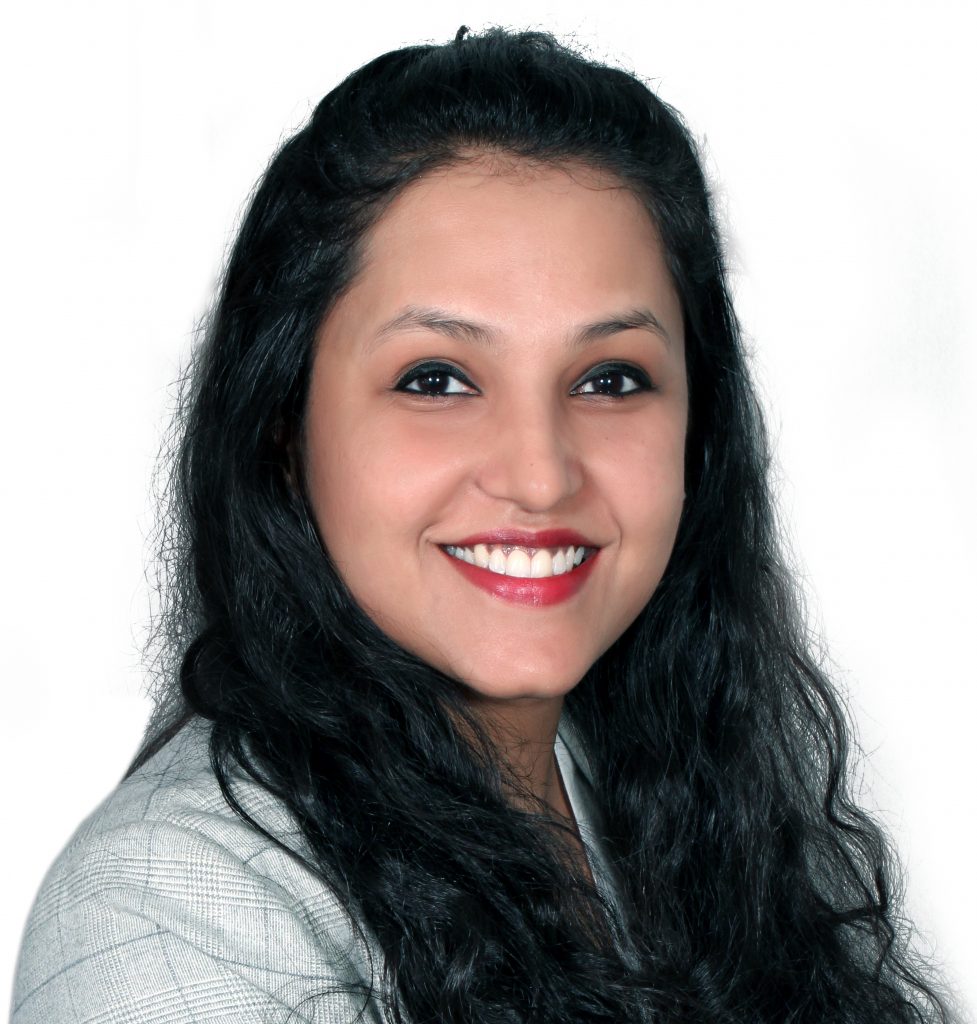
What inspired you to pursue a career in law? Was there a defining moment or influence that steered you in this direction?
Having an analytical mind, I tend to find reason in, and a solution to everything. From my early-teen years, the idea of problem-solving always seemed appealing. When you add to that my love for reading, language and interpretation, a career in law was an easy and natural decision.
What was your experience like at Georgetown University Law Centre while pursuing your Master of Laws, and what motivated your choice to specialize in Energy and Antitrust law?
A year at Georgetown was an immensely fulfilling and transformational experience. I had only two years of work-experience under my belt at the time, and I was able to exponentially build on that experience. Most of the courses I studied were based on discussions around practical issues and current affairs. Solution-oriented thinking and discussion was not just encouraged but mandated. Additionally, as most of the students in the LLM course were also international students with several years of work experience, the discourse was truly informative and enlightening not just professionally, but culturally as well. It was especially interesting to engage in conversation with people of different nationalities and learn how their culture shaped and continues to shape the legal landscape in their country.
The choice to pursue energy and antirust at the time was motivated by several factors; I had prior experience of working in those sectors in India, the principles of energy and antitrust remain similar through the globe, and the robust regulatory framework in the United States. It was my intention to continue working in commercial law, so it was an apt choice. Since then, even though my area of practice has evolved beyond energy and antirust, the learning and experience from Georgetown are constant aids in my work.
You began your career working on matters before the Appellate Tribunal for Electricity, particularly involving tariff disputes and State Electricity Regulatory Commissions. What were some of the formative experiences during this time that deepened your understanding of the energy sector and shaped your legal career?
The energy sector was a completely unknown domain for me when I began my career, which meant that every aspect of the sector was new. However, the most challenging and fascinating aspect was the sheer amount of technical knowledge and understanding of the sector that was required to be able to effectively deliver on a matter. We would often joke that we learn more engineering than law in this sector!
After gaining substantial experience working with leading law firms and Senior Advocates, you eventually set up your own independent practice. What drove this transition, and what challenges did you encounter in the early stages of establishing yourself?
The decision to work independently was a result of wanting to do something different. Having gained experience in chamber practice and firms, I wasn’t ready to go in-house but was sure that I wanted to expand work outside of a typical firm set-up. It definitely has been and continues to be challenging in almost every aspect imaginable! The most interesting challenge I faced in the early stages was getting used to being directly accountable to clients, as opposed to being part of tiered set-up in an office. Additionally, working independently means that you don’t say no to any kind of work, regardless of the fact that you may not have prior experience in similar subject-matter. Therefore, you are almost swimming in the deep-end, as the effort, motivation and discipline are completely different when the responsibility of generating business and delivering on a client’s expectations are solely on you.
Having advised clients across a wide range of sectors including EPC, Energy, Telecom, Software, AI, and General Corporate, any common challenge(s) that unites all the sectors?
The only common challenge that truly unites all sectors is demanding clients! Building client relationships, delivering on and managing client expectations is crucial to the legal profession. Every client is demanding, sometimes without truly understanding the complexities of the issue at hand. Every other legal challenge is simply a puzzle that must be solved, and there’s always a solution!
In your work with the UAE telecom regulator on drafting the policy for Radio Frequency (RF) drive testing, how did you navigate the legal and technical complexities, especially around national compliance, data privacy, and telecom operators’ requirements?
Well, the answer to this is a fairly simple and obvious one, really. We worked in collaboration with a global consulting firm, and the team responsible for executing this project comprised highly skilled experts from the legal and regulatory domain. Numerous discussions and iterations of the policy over months of work lead to policy that is currently in force in the UAE. This, for me, was one of the most exciting projects as a lawyer, as instead of always learning and interpreting the law, I was writing it (albeit for a different jurisdiction)!
For young lawyers aspiring to build a career in law and/or and independent practice, what advice would you offer? Are there specific skills, areas of focus, or resources you consider essential for excelling in this field?
There are several skills that may be useful in this profession, however the most important one in my opinion is the ability to learn. One must always be open to learning from any and every source, especially since law is one of the most dynamic professions ever and affords us the opportunity to not restrict ourselves to one sector only.
Practicing law can be both intellectually demanding and time-intensive. How do you maintain a healthy balance between your professional responsibilities and personal life? What are your favourite ways to unwind after a long day?
The beauty of working independently is that one is only answerable to the client, so as long as work gets done, one can decide their own hours! Many people make their work their identity and that was all I had seen of lawyers when I was much younger in the profession. I wasn’t going to allow myself to do that, so I continue to create a slow, simple and full life that allows me time for hobbies and such! As for unwinding after a long day, it always includes a good meal and some music or a show/movie.
Get in touch with Meghana Aggarwal –

